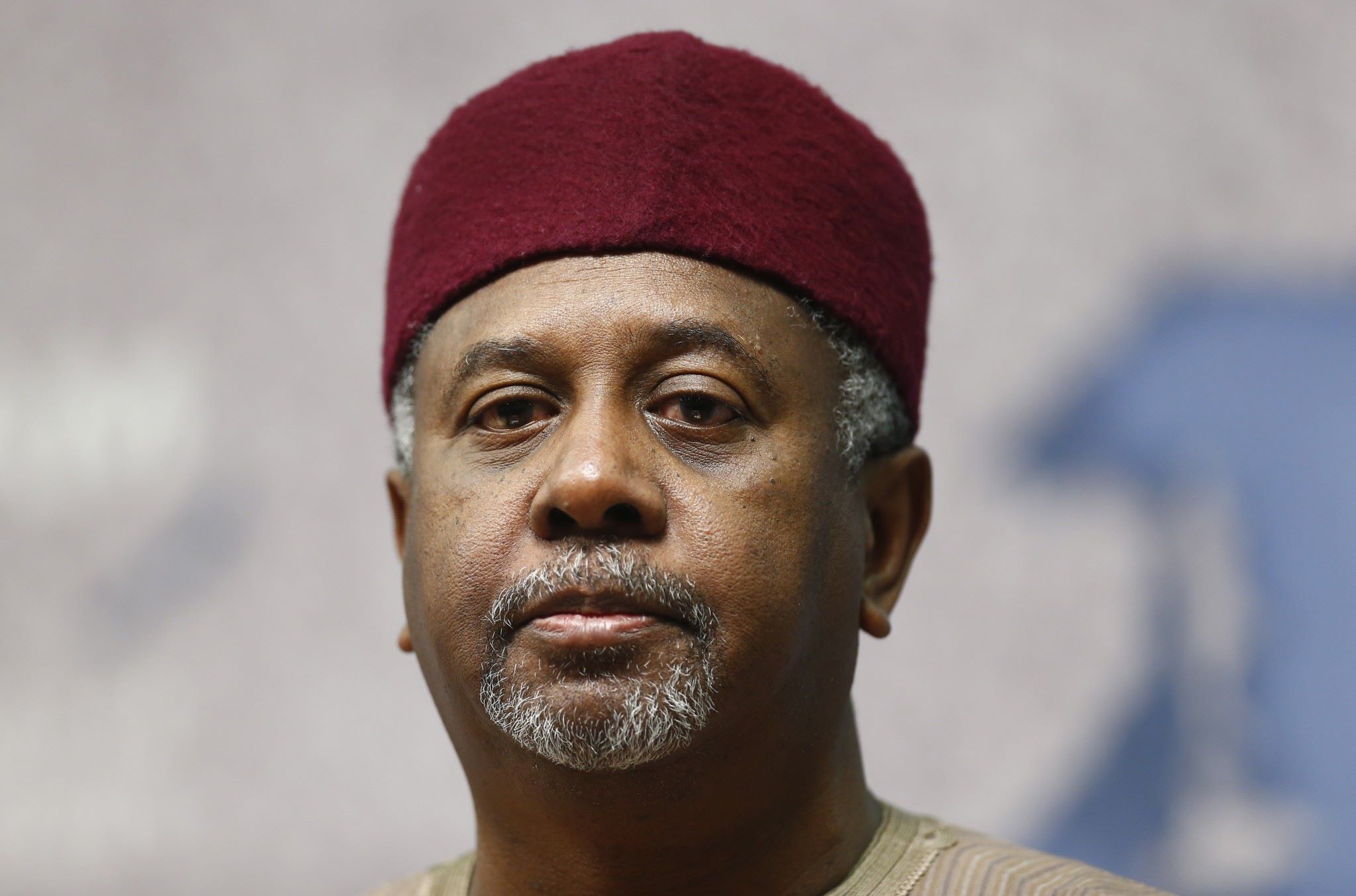
Dasukigate is a scandal that has gripped Nigeria and the world, revealing a tangled web of corruption and power abuse. It all began in 2015 when President Muhammadu Buhari's administration launched an investigation into the Office of the National Security Adviser (ONSA) under former President Goodluck Jonathan. At the center of this scandal is Sambo Dasuki, the National Security Adviser from 2012 to 2015, accused of diverting billions meant for national security. The scandal involves misappropriated funds, shady arms deals, and high-ranking officials. Dasukigate has led to arrests, asset forfeitures, and significant reforms in Nigeria's national security framework.
The Unraveling of Dasukigate
Dasukigate is a scandal that shook Nigeria and drew international attention. It revolves around corruption and abuse of power within the Office of the National Security Adviser (ONSA) during former President Goodluck Jonathan's administration. Let's dive into the key facts.
-
Background of the Scandal: Dasukigate began to unravel in 2015 when President Muhammadu Buhari took office. His administration launched a thorough investigation into the activities of the ONSA under the previous administration, focusing on the then National Security Adviser, Sambo Dasuki.
-
Sambo Dasuki: Sambo Dasuki, a retired major general, served as the National Security Adviser from 2012 to 2015. He was a pivotal figure in the Jonathan administration, influencing many national security decisions.
Allegations and Corruption
The core of Dasukigate lies in the allegations of corruption and misappropriation of funds. Here are the details.
-
Allegations of Corruption: Dasuki and the ONSA were accused of diverting billions of naira meant for national security projects to personal accounts and those of his associates.
-
Arms Deal Scandal: A significant part of Dasukigate is the arms deal scandal. Dasuki allegedly facilitated the purchase of arms from various countries without due process, leading to the diversion of funds.
-
Diversion of Funds: Investigations revealed that funds meant for national security projects, including arms purchases, were diverted into personal accounts and those of associates. These funds were laundered through various means, including shell companies.
Involvement and Arrests
The scandal implicated numerous officials and led to several arrests.
-
Involvement of Other Officials: Several high-ranking officials in the Jonathan administration were implicated. These included former ministers, governors, and other government officials accused of receiving bribes or kickbacks from Dasuki.
-
International Involvement: The arms deal scandal also involved international players. Some arms purchased were not delivered to Nigeria, and the funds were diverted to personal accounts in foreign banks.
-
Arrest and Detention of Dasuki: In December 2015, Dasuki was arrested by the Economic and Financial Crimes Commission (EFCC) on charges of money laundering and possession of firearms without a license. He has been in detention since then, with several unsuccessful attempts to secure his release.
Legal Proceedings and Consequences
The legal battles and consequences of Dasukigate have been extensive.
-
Trial and Conviction: In 2018, Dasuki was convicted on charges of receiving $2.1 billion meant for arms purchases. He was sentenced to two years in prison but remained in detention due to additional charges.
-
Assets Forfeiture: Several assets belonging to Dasuki and his associates were forfeited to the federal government. These included properties, bank accounts, and other valuables.
-
Role of the EFCC: The EFCC played a crucial role in investigating and prosecuting Dasukigate. They worked closely with other law enforcement agencies to gather evidence and build a case against Dasuki and his associates.
Impact and Reforms
Dasukigate had far-reaching implications for Nigeria's governance and public perception.
-
International Cooperation: The EFCC received significant support from international partners in the investigation. This cooperation helped trace and freeze assets linked to Dasuki in foreign banks.
-
Impact on the Jonathan Administration: The scandal significantly impacted the Jonathan administration, leading to a loss of public trust and contributing to the defeat of the People's Democratic Party (PDP) in the 2015 general elections.
-
Reforms in National Security: The scandal led to significant reforms in Nigeria's national security architecture. The Buhari administration introduced new measures to ensure transparency and accountability in managing national security funds.
Public Perception and Media
The scandal's coverage and public reaction were intense.
-
Public Perception: Dasukigate profoundly impacted public perception of corruption in Nigeria. It highlighted the need for greater transparency and accountability in government dealings.
-
Legal Challenges: Dasukigate faced several legal challenges, including appeals by Dasuki and his associates. However, these appeals have been largely unsuccessful, with many convictions standing.
-
Media Coverage: The scandal received extensive media coverage both locally and internationally. The media played a crucial role in keeping the public informed about developments in the case.
Civil Society and Economic Impact
The role of civil society and the economic implications of Dasukigate cannot be overlooked.
-
Civil Society Involvement: Civil society organizations advocated for transparency and accountability in investigating and prosecuting Dasukigate. They pushed for the release of information and the prosecution of those involved.
-
Economic Impact: The scandal had significant economic implications for Nigeria. The diversion of funds meant for national security projects weakened the country's defense capabilities and undermined investor confidence.
-
Legacy of the Scandal: Dasukigate serves as a reminder of the dangers of corruption and the importance of accountability in governance. It highlights the need for robust mechanisms to prevent such scandals from occurring in the future.
The Lasting Impact of Dasukigate
Dasukigate has left a significant mark on Nigeria's political and economic landscape. The scandal, involving Sambo Dasuki and the Office of the National Security Adviser, exposed deep-rooted corruption and misuse of funds meant for national security. The arms deal scandal and the diversion of billions of naira highlighted the need for greater transparency and accountability in government operations.
The Economic and Financial Crimes Commission (EFCC) played a crucial role in uncovering the truth, leading to arrests, trials, and asset forfeitures. This scandal not only impacted the Goodluck Jonathan administration but also led to reforms in national security and a shift in public perception regarding corruption.
Dasukigate serves as a stark reminder of the importance of upholding the rule of law and ensuring that those in power are held accountable for their actions.
Was this page helpful?
Our commitment to delivering trustworthy and engaging content is at the heart of what we do. Each fact on our site is contributed by real users like you, bringing a wealth of diverse insights and information. To ensure the highest standards of accuracy and reliability, our dedicated editors meticulously review each submission. This process guarantees that the facts we share are not only fascinating but also credible. Trust in our commitment to quality and authenticity as you explore and learn with us.


